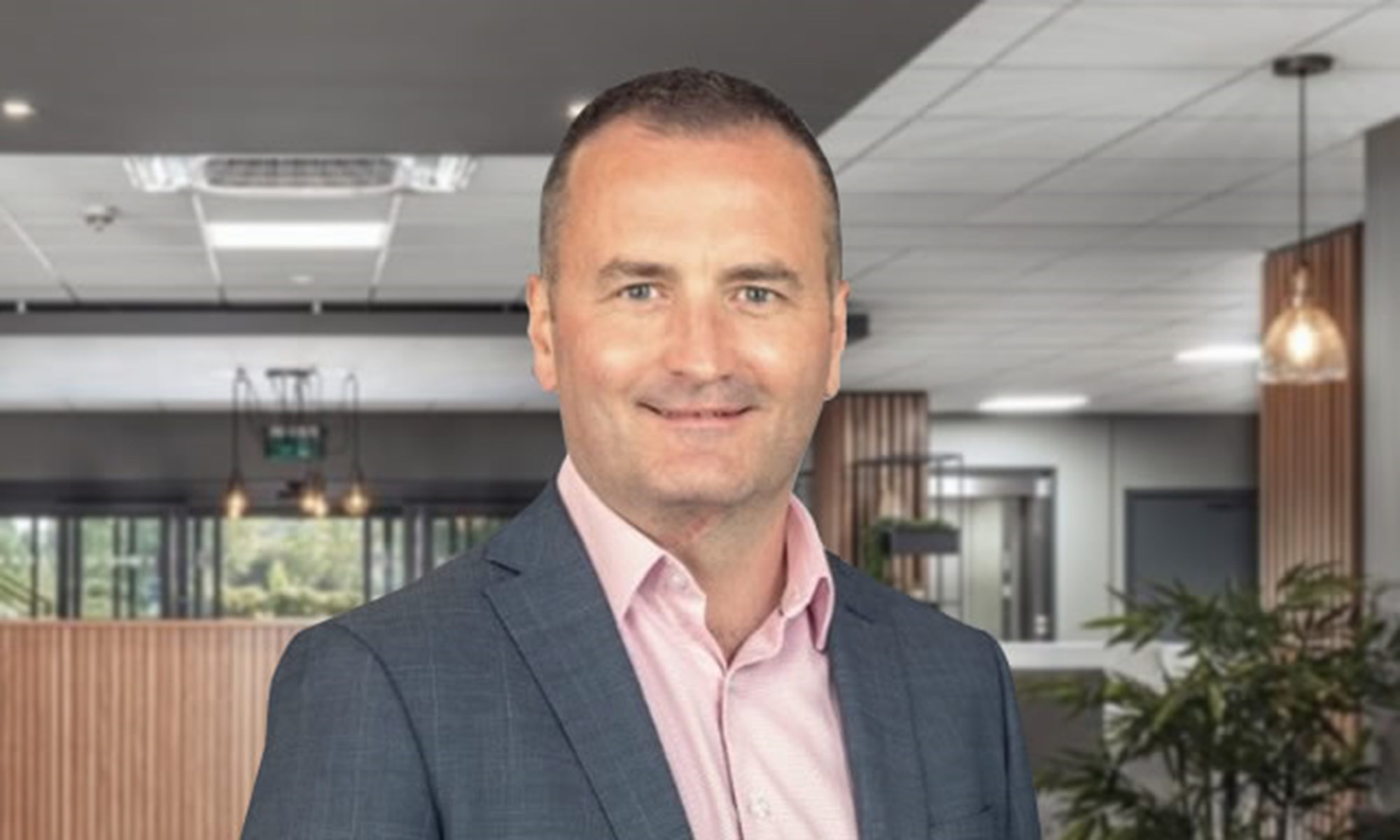The role of Business Development Managers in hotels and venues today

|
07 April 2022 |

There is a logic that says that, now that pandemic restrictions have been lifted, the work of Business Development Managers (BDMs) in hotels and venues would naturally return to what it was before the pandemic.
A central part of this was showing potential customers around the venue, the result being that BDMs would go back to being primarily venue based, except when going out to meet prospects at their offices or networking at events. And given the desire for people across the industry to meet and engage after so much remote working, the risks in being busy but unproductive are accentuated in this immediate post-Covid world. This could lead to a growth in inefficient and badly focussed salespeople who appear busy, but are busy participating in low level, unproductive engagement.
Business development has changed significantly and with it the role of both BDMs and Sales Directors. Here are three insights that I share with clients of Wyboston Venue Management based on my experience at Wyboston Lakes Resort on how they can operate successfully today.
BDMs of venues can operate successfully in a hybrid working system
The last two years have shown that well trained and motivated BDMs have worked successfully even without being able to welcome clients to the venue for in-person show rounds. High quality technology arrived in time and has been the catalyst for major change. We started our virtual show rounds before the pandemic, so it was relatively easy to adapt to lockdown restrictions while Zoom and Teams helped us to provide maximum support and continuity for our clients.
In addition, online booking tools and chatbots are making the handling of enquiries for smaller meetings easier for the booker and less time consuming for BDMs.
While it’s great to be able to show customers around the venues in-person, these “new ways” work well. Many of our team only come into the venue when they have appointments or for team meetings. Ultimately the role is about relationships, building trust and delivering on promises; and being in the venue is not essential to that. Clients love the new flexible approach of having an immersive virtual site visit in advance of an actual in-person visit. It drives efficiency for everyone and means the in-person visit can zone in on the specifics, rather than the generalities.
Be honest about which sectors your venue can support well
There is simply nothing worse in sales than a business development specialist engaging with a client, but not knowing why they are contacting them other than to simply achieve some arbitrary KPIs to look good in their monthly or quarterly review.
With many venues operating with fewer sales staff due to budgetary or recruitment pressures, it is time to be brutally honest about which particular sectors the venue can and wants to serve, and to be able to explain clearly to clients in that sector about why and how the venue can benefit them and help them achieve their needs well. Each sector requires a different action plan, which means BDMs in the same venue should work in widely divergent ways, focusing on what is relevant to that sector, not just a ‘broad brush’ top level approach that is the same regardless of sector.
Less is more in terms of the engagement that our business development managers do; that was true before the pandemic and is even more true as we progress in 2022.
Take even more time to understand the client’s current needs and what you can offer
We operate in a limited number of markets to grow our business. Each market has a clear objective, a series of strategies and then key actions to achieve. This means we can start any discussion with a prospective client having done the hard work of understanding why we should be reaching out to them in the first place and having a good idea that what will be valuable to them. It is important to offer a solution that is not simply based on selling meeting rooms, catering and bedrooms, but one that addresses their programme aims and what will engage their participants.
To do this requires an understanding of how their market, their business and their working practices have changed in order to appreciate the context, particularly given that budgets will be ever more under the microscope in these inflationary times.
Research and understanding current and future trends were always essential to help to define the proposition to clients; now they are even more vital to building relationships and negotiating successfully.



